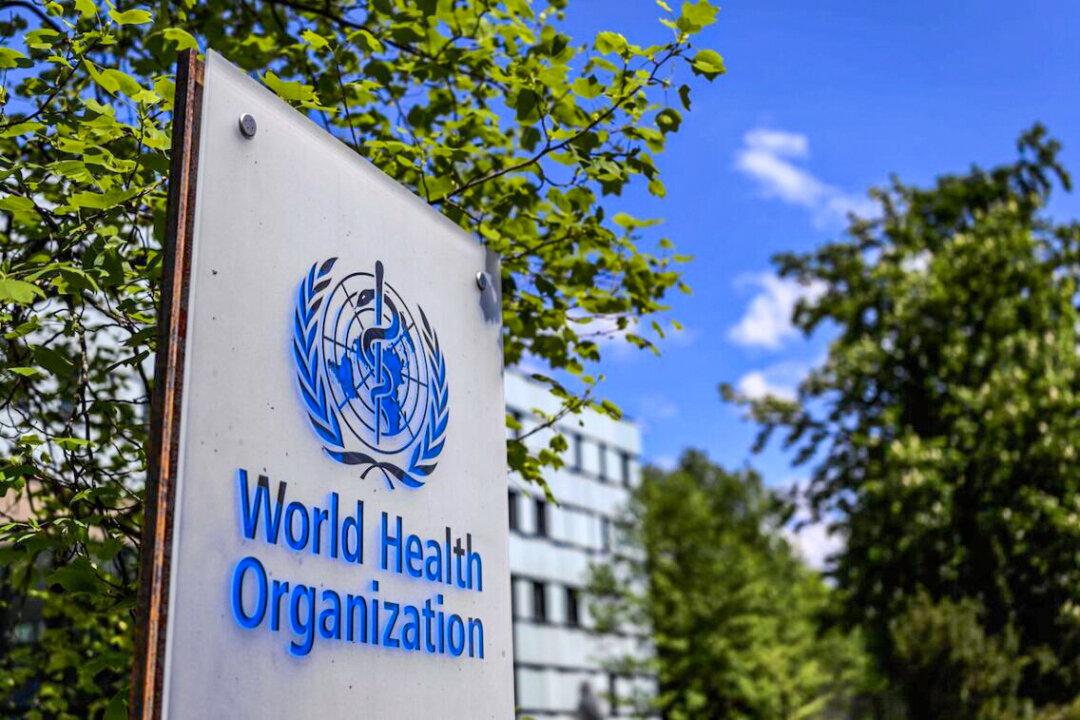The World Health Organization (WHO) on Monday stated that the COVID-19 pandemic is still an emergency—three years after it started spreading worldwide from China.
WHO Director-General Tedros Adhanom Ghebreyesus said that he hoped the world would transition from the emergency phase in 2023. But his United Nations-backed agency indicated that it’s not time yet.





